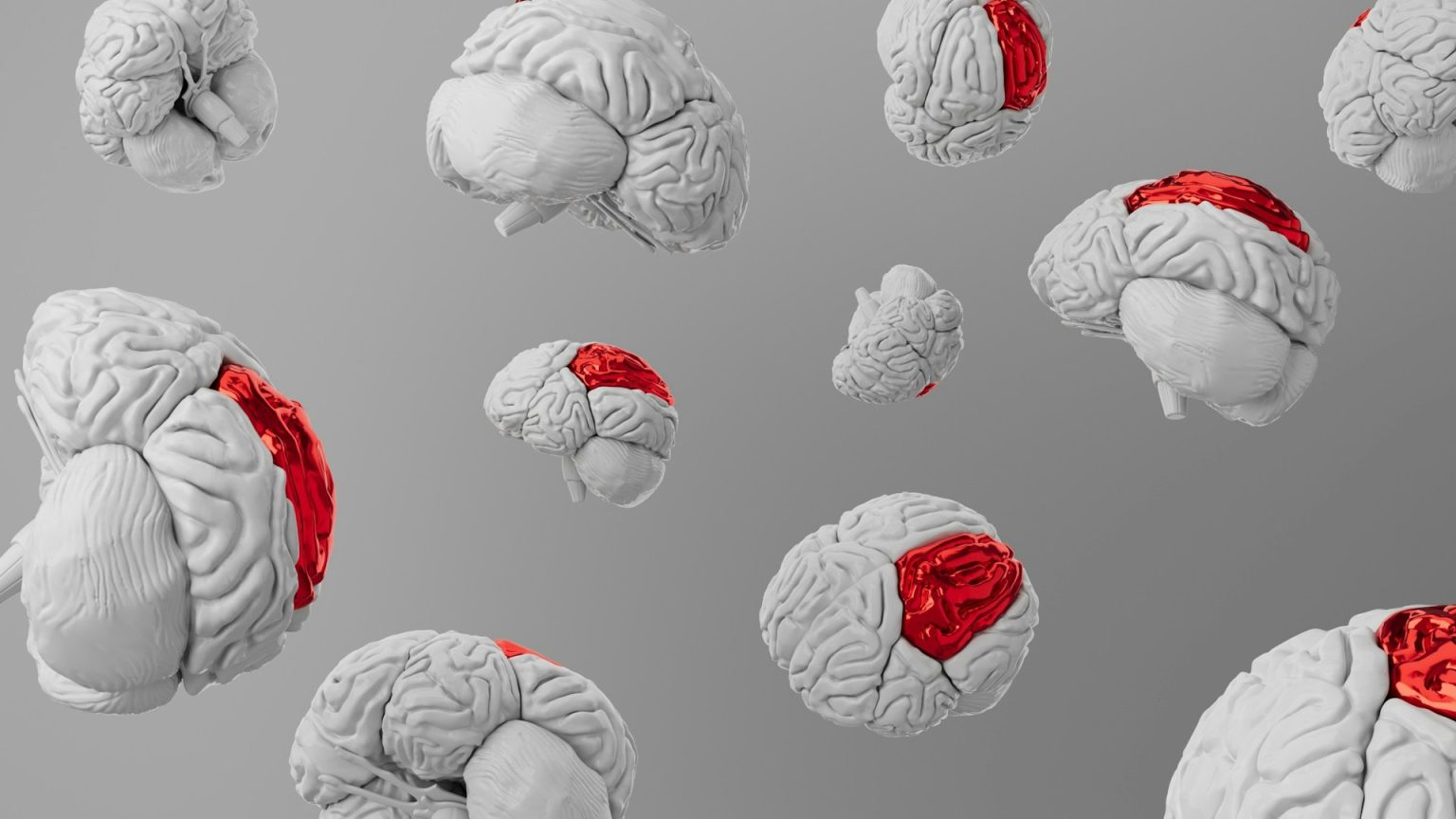Older Brains are Wiser Brains, Because They’re Slower

A new study concludes that some measures of intelligence peak much later in life than previously thought, like being able to accurately judge others’ emotions, explaining why we often think of older people as wiser.
Anyone who is getting on in age has had more time to accumulate facts and information about the world, and possessing this larger data set results in better decision making. But researchers from Harvard University and Massachusetts General Hospital say this isn’t the only explanation for why young people go to the old for advice.
Certain cognitive abilities, like raw processing speed, peak in our late teenage years, but other measures of intelligence have a longer shelf life. In a recent experiment, published in the journal of the Association for Psychological Science, the ability to remember faces didn’t depend on the brain’s processing power and peaks when we are in our 30s. And our ability to accurately determine someone’s emotional state — an essential skill when it comes to solidifying social bonds or asking for a raise — peaks in our 40s.
As Steven Kotler explains in his recent Big Think interview, slower cognitive speeds are actually associated with a higher-order brain state called “flow” that enables us to transcend our sense of self and our sense of time:
“My mission for the past 15 years has been sort of to reclaim flow research from the hippie community, from the new age community and put it back on a really hard science footing.”
The study conducted by Harvard researchers occurred online, and involved surveying the intelligence of 48,537 online participants using a comprehensive analysis of normative data from standardized IQ and memory tests. The research demonstrates that cognitive functioning isn’t all about processing speed, or remembering someone’s name, or accurately judging others’ emotions. Nor are all of these qualities affected equally by the supposed cognitive decline that happens as we age.
Intelligence is a complex trait that relates both to the amount of knowledge we accumulate over time and how that information is processed in the brain. Now science confirms what we have recognized to be true about older generations for a long time: They may not be as quick on the uptake, but they’re still smarter than us in many ways.
Read more at The New York Times.





